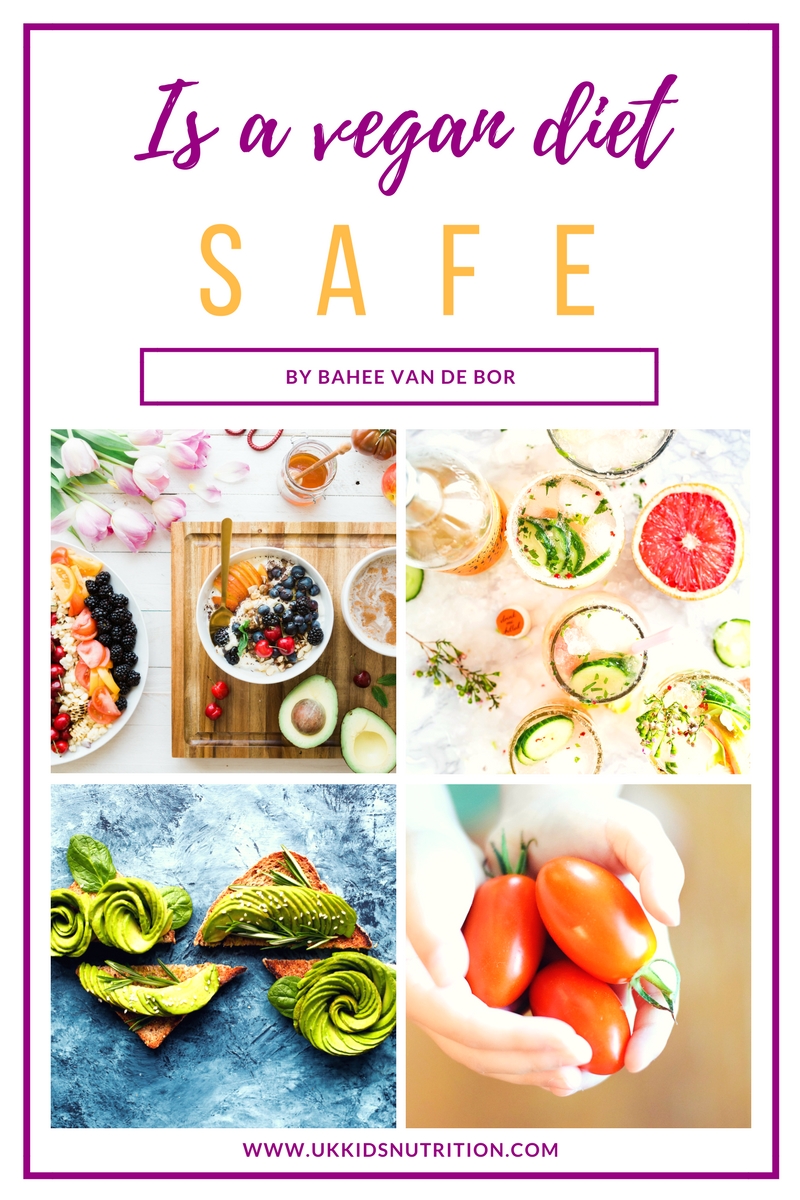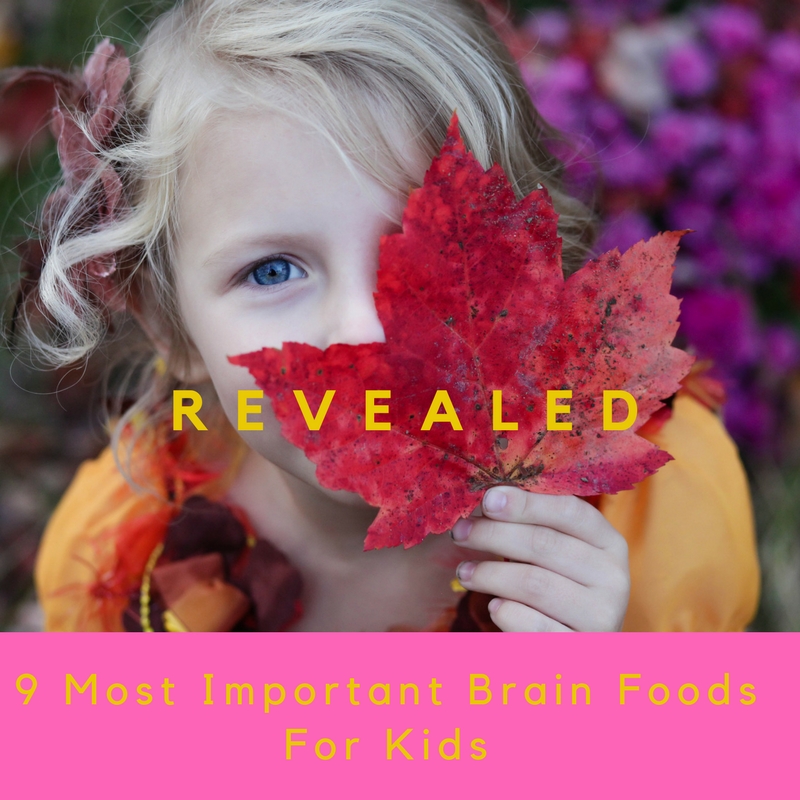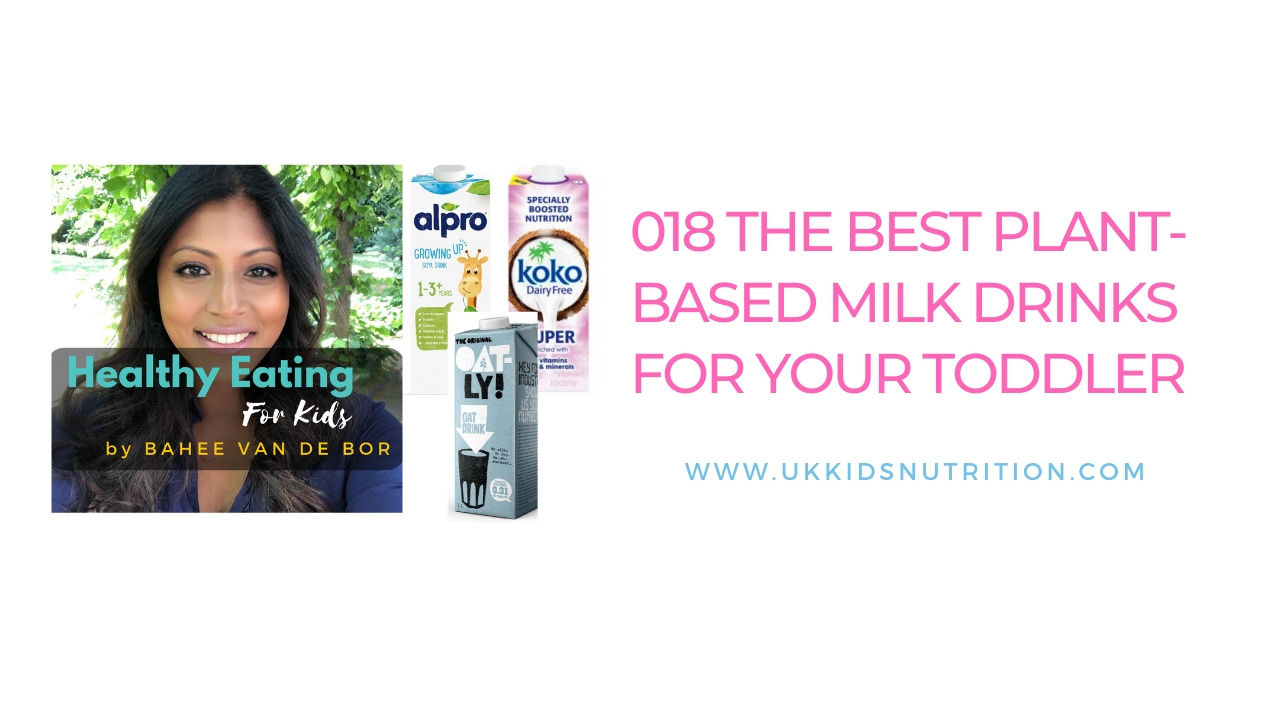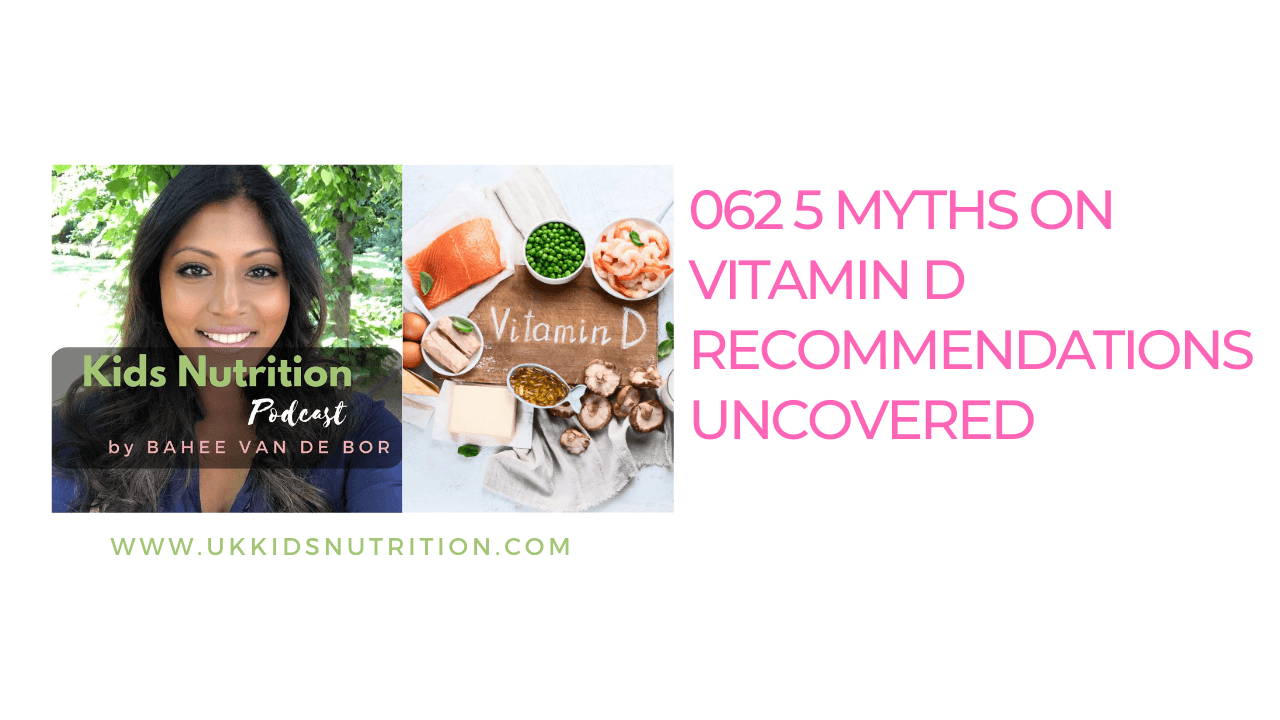The short answer is yes. Meat is not essential for growth, or for a long and healthy life. The secret behind a winning vegan diet is planning, planning and planning!
Why is the vegan diet safe for children?
Just the other day, a journalist from a well-known publication asked me to comment on vegan diets and whether it was safe for children. Read the article that appeared in The Independent with my comments here.
This got me thinking, how many people think of veganism as a bizarre choice for children? Surely avoiding meat, dairy and eggs can’t be sensible, right?
Like any diet, a plant-based diet can be a healthy and satisfying diet choice for a family, as long as you plan it carefully. It’s a noble choice too. Did you know that veganism is not just about the diet?
It’s a lifestyle choice aiming to exclude exploitation and cruelty to animals. For this reason, honey, as well as meat, fish, eggs and dairy, are avoided on a vegan diet.
Why honey? Contrary to what you may have thought, honey is made by bees for bees. It is essential for their well-being and survival. If you enjoy honey and need to switch, vegan choices include date, maple and golden syrups to list a few. The Vegan Society explains this beautifullyhere .
Health benefits
The vegan diet is not only safe for children but it also can be a “healthy” choice as it is low in saturated fat, particularly the fats found in processed meat linked to cancer.
Children following a balanced vegan diet could benefit from reduced heart disease risk, some types of cancer and type two diabetes as adults.
Vegan diets also present a fantastic opportunity for families to teach children about nutrition and healthy eating from an early age.
Vegan cooking

A vegan diet for children can be safe but remember that you will need to plan the diet carefully. Seek advice from a children’s dietitian if you are not sure that your child is getting enough of the right nutrients.
With an individualised approach towards crucial nutrients, children can find vegan diets to be nourishing, tasty and varied.
Which key nutrients?

Calories. A plant-based diet can be bulky and high in fibre so little tummies can get full very quickly. You can get around this by choosing starchy foods that are not too high in fibre. Use generous portions of fat in every meal.
Protein. Although vegetarian sources of protein are perfectly adequate, they could be high in fibre too. Protein foods that are also a source of fat are ideal as they provide calories, protein and important minerals. Useful examples to highlight this include ground nuts, seeds and nut butter.

Some plant-based milk-free drinks such as soy are significantly higher in protein so do include these daily. With sensible choices, you can ensure that your child receives enough protein to grow.
Calcium. Dairy is the obvious source of calcium. Children need calcium for healthy bones and teeth. Children under the age of five also need a daily vitamin D supplement to aid absorption of calcium in the body.
Unlike adults who only need to maintain bone mass, children require calcium for on-going laying and building of bone. To meet children’s high requirements for calcium, choose calcium-fortified milk free drinks and tofu.
Natural plant-based sources of calcium include dark greens, almonds, tahini, beans, dried fruit and broccoli.
Iron. Meat is undoubtedly the best source of iron, rich in a type known as haem-iron. This is readily absorbed by the body. That’s not to say that plant foods are not ‘good’ sources. They are, but the type known as non-haem needs a little help with absorption from vitamin C.
Pair meals with vitamin C rich foods to boost absorption of plant iron.
Plant foods that are good sources of iron range from leafy green vegetables to pulses and nuts. For a free downloadable infographic on iron foods see Five Perfect Iron Rich Plant Foods.
Iron is also a key ingredient for beautiful hair. If your child suffers from ongoing hair loss, it may be worthwhile chatting to your doctor about a check for an underlying iron deficiency.
Omega-3 essential fats. These are heart-healthy fats with an important role in the brain, nerve, and eye development in infants.
Vegan infants may require supplementing with DHA. Speak to your dietitian for further advice.
Our bodies can convert omega-6 linoleic acid (LA) and omega-3 alpha-linolenic acid (ALA) found in plant oils, flaxseeds/linseeds, walnuts, soybeans and canola oil to AA and DHA to some extent. Cooking with canola and olive oils is one way of ensuring children receive these heart-healthy fats.
Avoid deep-fried foods as the trans-fats present can slow down the absorption of omega-fats.

Vitamin B12. Vitamin B12 is made by micro-organisms not plants. Foods fortified with vitamin B12 or a vitamin supplement is the only reliable source.
Spriluna drinks are sadly not a proven source.
Very low B12 intakes can cause anaemia and nervous system damage, therefore, take care when choosing your vitamin B12 sources. In children, B12 deficiency may lead to loss of energy, appetite and failure to thrive.
When considering the vegan diet for children, choose vitamin B12 fortified breakfast cereals and plant milk to meet daily requirements. If your child will not take fortified foods then consider a daily multivitamin supplement consisting of vitamin B12.
Iodine. Would you be surprised if I told you that table salt is not commonly fortified with iodine in the UK? And since the iodine content of plant foods depends entirely on the amount found in the soil it was grown in, iodine content varies considerably.
A vegan diet for children will require some consideration of iodine. Some plant-based drinks are now fortified with iodine. If your child is not keen on any of the plant-based milk drinks, you may need to consider a calcium and iodine supplement.
The Vegan Society markets a daily vitamin and mineral supplement designed for vegans called VEG 1, providing reliable intakes of vitamins B12 and D, iodine and selenium.
Take home messages
In summary, the vegan diet for children is safe.
Plan your child’s vegan diet carefully and consider a vitamin and mineral supplement to bridge any gaps between missing vitamins in your child’s diet.
Offer starch/carbohydrates, fat and protein at every meal to ensure that your child gets enough calories to grow.
Snacks in-between meals with protein and fat are ideal for sneaking in additional calories.
Here’s that article in The Independent again ‘Benefits and risks of raising a vegan child, according to experts’. Remember, if you are keen on taking the vegan pledge, speak to a registered paediatric dietitian who can guide and support you through your journey.
WHAT TO DO NEXT
If you enjoyed today’s post on a vegan diet for children, please share it using the social media buttons at the top and bottom of this page.
For individualised consultations on expert nutrition advice for your child contact me here.
You can also join me here on facebookand instagramfor more nutrition chit chat.
And don’t forget to subscribe to the blog and podcast, to get automatic updates every time new recipes and articles are posted.




